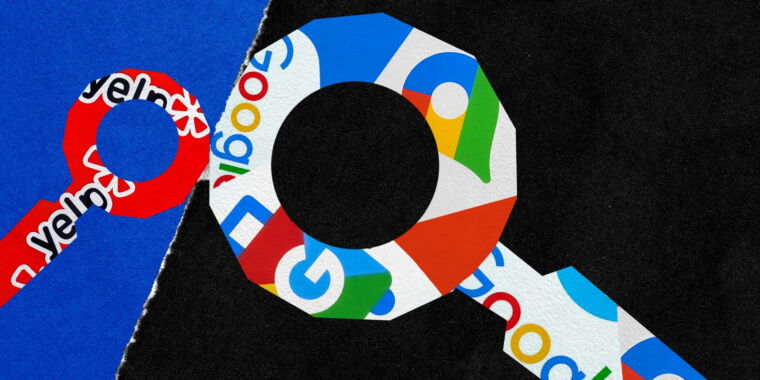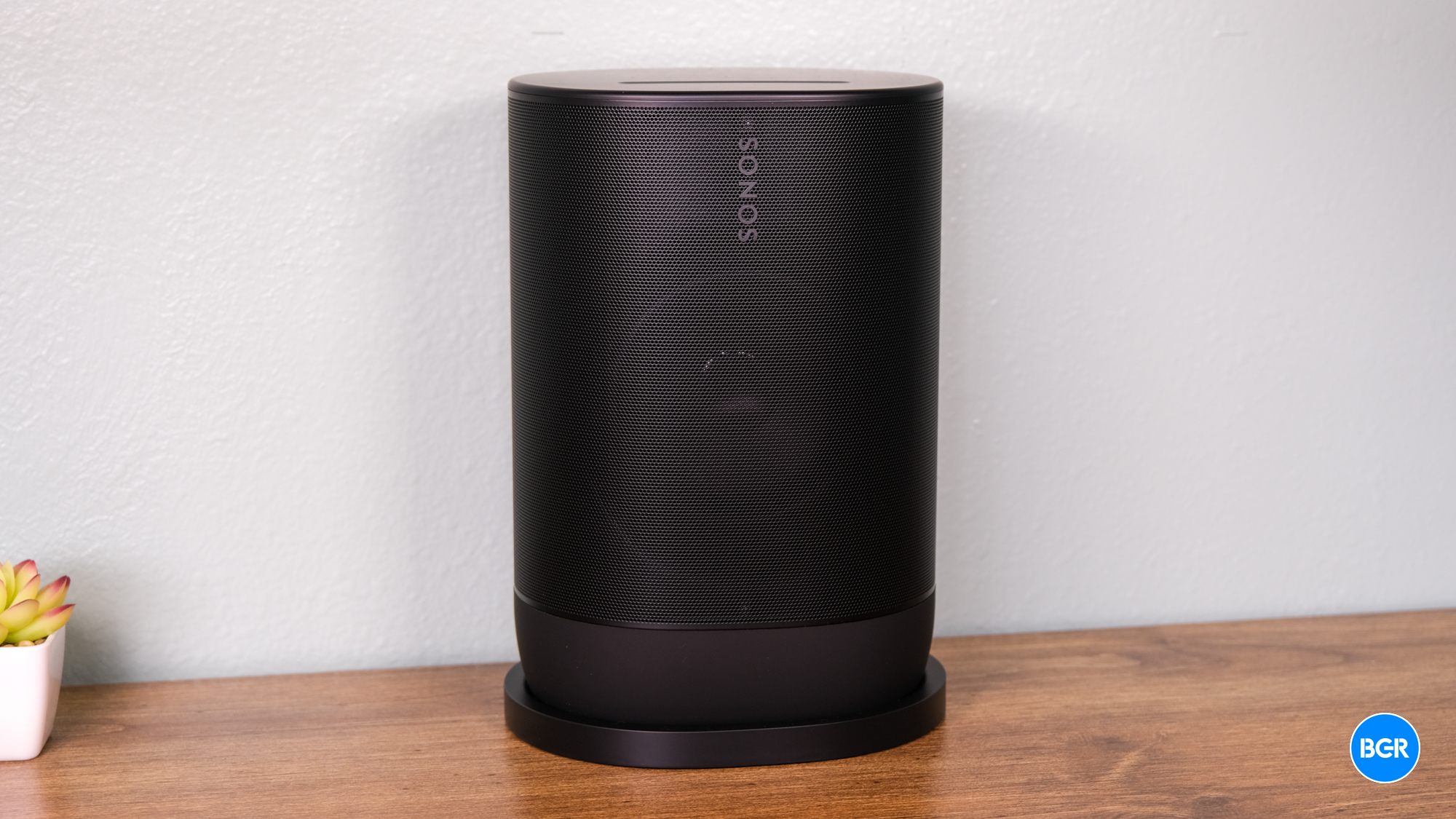Anjali Nair; Getty Images
To comply with looming rules that ban tech giants from favoring their own services, Google has been testing new look search results for flights, trains, hotels, restaurants, and products in Europe. The EU’s Digital Markets Act is supposed to help smaller companies get more traffic from Google, but reviews service Yelp says that when it tested Google’s design tweaks with consumers it had the opposite effect—making people less likely to click through to Yelp or another Google competitor.
The results, which Yelp shared with European regulators in December and WIRED this month, put some numerical backing behind complaints from Google rivals in travel, shopping, and hospitality that its efforts to comply with the DMA are insufficient—and potentially more harmful than the status quo. Yelp and thousands of others have been demanding that the EU hold a firm line against the giant companies including Apple and Amazon that are subject to what’s widely considered the world’s strictest antitrust law, violations of which can draw fines of up to 10 percent of global annual sales.
“All the gatekeepers are trying to hold on as long as possible to the status quo and make the new world unattractive,” says Richard Stables, CEO of shopping comparison site Kelkoo, which is unhappy with how Google has tweaked shopping results to comply with the DMA. “That’s really the game plan.”
Google spokesperson Rory O’Donoghue says the more than 20 changes made to search in response to the DMA are providing more opportunities for services such as Yelp to show up in results. “To suggest otherwise is plain wrong,” he says. Overall, Google’s tests of various DMA-inspired designs show clicks to review and comparison websites are up, O’Donoghue says—at the cost of users losing shortcuts to Google tools and individual businesses like airlines and restaurants facing a drop in visits from Google search. “We’ve been seeking feedback from a range of stakeholders over many months as we try to balance the needs of different types of websites while complying with the law,” he says.
Google, which generates 30 percent of its sales from Europe, the Middle East, and Africa, views the DMA as disrespecting its expertise in what users want. Critics such as Yelp argue that Google sometimes siphons users away from the more reliable content they offer. Yelp competes with Google for advertisers but generated less than 1 percent of its record sales of $1.3 billion last year from outside the US. An increase in European traffic could significantly boost its business.
To study search changes, Yelp worked with user-research company Lyssna to watch how hundreds of consumers from around the world interacted with Google’s new EU search results page when asked to find a dinner spot in Paris. For searches like that or for other “local” businesses, as Google calls them, one new design features results from Google Maps data at the top of the page below the search bar but adds a new box widget lower down containing images from and links to reviews websites like Yelp.
The experiments found that about 73 percent of about 500 people using that new design clicked results that kept them inside Google’s ecosystem—an increase over the 55 percent who did so when the design Google is phasing out in Europe was tested with a smaller pool of roughly 250 people.
Yelp also tested a variation of the new design. In this version, which Google has shared with regulators, the new box featuring review websites is placed above the maps widget. It was more successful in drawing people to try alternatives to Google, with only about 44 percent of consumers in the experiment sticking with the search giant. Though the box and widget will be treated equally by Google’s search algorithms, the order the features appear in will vary based on those calculations. Yelp’s concern is that Google will win out too often.
Yelp proposed to EU regulators that to produce more fair outcomes, Google should instead amend the map widget on results pages to include business listings and ratings from numerous providers, placing data from Google’s directory right alongside Yelp and others.
Companies such as Yelp that are critical of the changes in testing have called on the European Commission to immediately open an investigation into Google on March 7, when enforcement of the DMA begins.
“Yelp urges regulators to compel Google to fully comply with both the letter and spirit of the DMA,” says Yelp’s vice president of public policy, David Segal. “Google will soon be in violation of both, because if you look at what Google has put forth, it’s pretty clear that its services still have the best real estate.”



